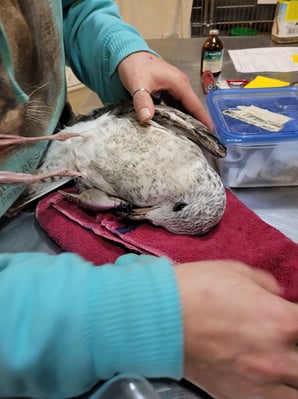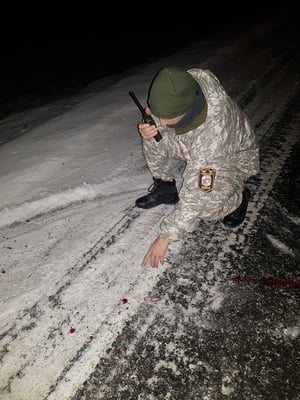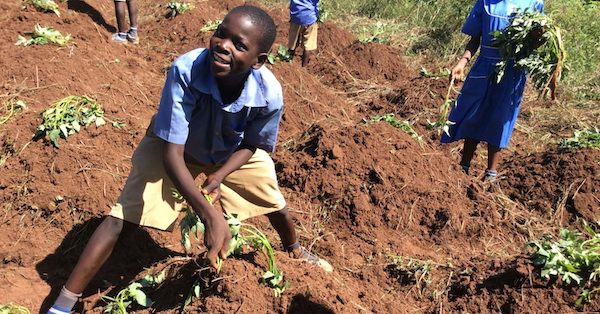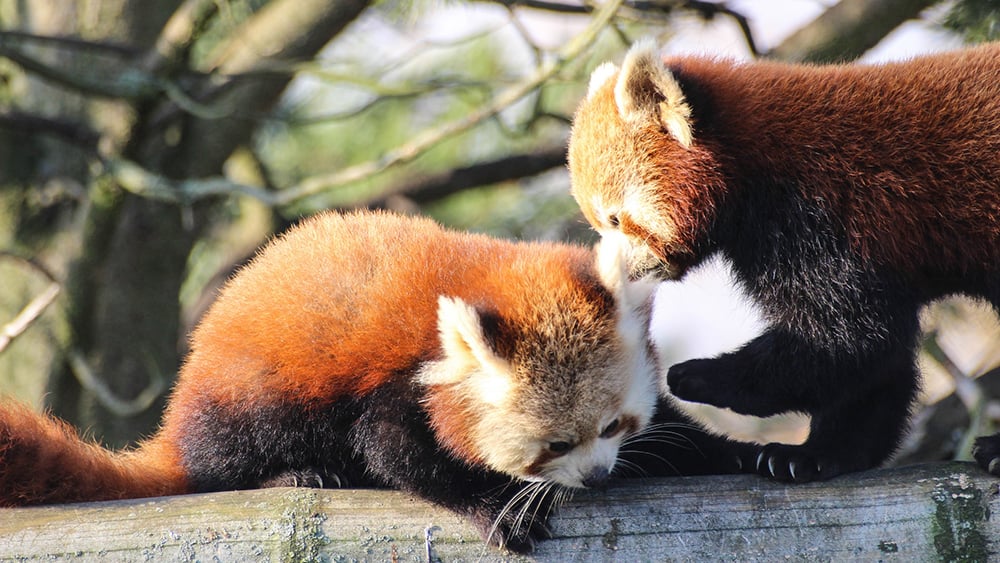Thank You For Protecting At-Risk Species with Project Peril
Project Peril is devoted to the conservation of endangered species globally. With your help this past fall, we have partnered with the TreeHouse Wildlife Center, the Phoenix Fund, and Pandas International to protect birds in North America, Amur tigers and leopards in Russia, and giant pandas in China.
The TreeHouse Wildlife Center
The TreeHouse Wildlife Center in Illinois has needed donor support to fund their Wildlife Rehabilitation Program in which they care for grassland birds, waterfowl, and raptors. Over the past six months, the program has been able to provide nutritional foods such as whole prey and fish for their rescued birds due to their specialized dietary needs. Because of Covid-19, the number of people visiting the TreeHouse Wildlife Center has decreased. This means in-person fundraising programs and public donations have also been reduced.
However, with your help through funding, over 120 feathered friends in need of patient care, food, and shelter have received proper sustenance and treatment. This helps the birds recover and hopefully transition into the wild again. Below is just one of the wildlife center’s patients in desperate need of care.

Rehabbers removing fish hook tangled in gull’s nostril, tongue, and leg
© Treehouse Wildlife Center
The Phoenix Fund
Your generous donations to Project Peril have also immensely helped protect the lives of Amur leopards and tigers through the Phoenix Fund and the Land of the Leopard National Park in the Far East region of Russia. According to FairPlanet, only 100 wild Amur leopards are left in the world, and Russia’s Wildlife Conservation Society estimates that only 350 adult Amur tigers remain in the wild. Consumer demand for these animals’ fur and body parts has increased as people use them for decoration. With your help as donors, the Phoenix Fund and the Land of the Leopard National Park in the Russian Far East have increased opportunities to tackle the illegal poaching of Amur leopards and tigers.
Your donations towards fuel for park rangers’ patrol vehicles ensured that rangers could respond to violations immediately to save these animals’ precious lives. Rangers were able to issue 17 citations on violators within a 67 patrol day period, among other anti-poaching efforts such as imposing fines and seizing weapons.

Ranger Investigates Signs of Illegal Poaching
© Phoenix Fund
Pandas International
Pandas International has also received significant funding to save the lives of giant panda cubs in China, thanks to you. Some giant panda mothers do not know how to properly care for their firstborn cubs or are not able to produce enough milk to provide their cubs with nutrients. Therefore, cubs are provided with Esbilac formula and raised with the help of nursery staff until they are old enough to live off bamboo. Thanks to your contributions, these vulnerable cubs will receive enough nourishment to grow up!

Bao Bao’s cub born in 2020
© Pandas International
Whether it’s nurturing injured birds in Illinois, protecting endangered tiger and leopard populations in the Russian Far East, or providing giant panda cubs with food, your donations to Greater Good Charities’ Project Peril save hundreds of animals’ lives!
Support the efforts of Project Peril to restore our Earth by helping to fund other projects like these.



